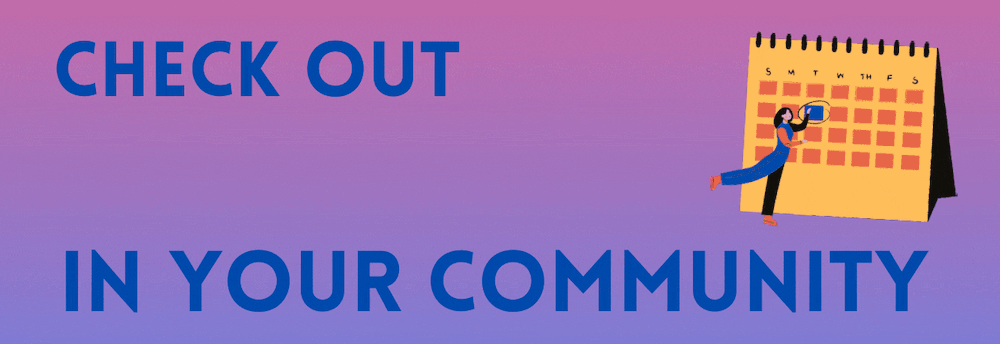From Brewarrina Foster Care to OAM
Luke Williams
22 June 2023, 9:20 PM
 Image: ABC.
Image: ABC.The older you get, the more you start to understand the way life can take some remarkable twists and turns.
Sean Gordon's journey to receiving his Order of Australia Medal this month is a case in point.
He has charted his own course as he pursues professional goals bound up with progress for his community based on a strong sense of personal and cultural identity.
"My people were Wangkumarra people from an area near the New South Wales, South Australia, and Queensland border," he told the Western Plains App.
In 1909 the NSW Government passed the Aboriginals Protection Act allowing for the forcible removal of Aboriginal communities.
In 1938, his great-grandparents were living in Wangkumarra and subject to the Aborigines Protection Act when a policeman's wife complained that Indigenous children were going to school dirty and with bare feet.
"Three cattle trucks pulled up, and the local police put 117 Wangkumarra people on the back of those trucks and moved them to the Brewarrina Mission 500km away," Gordon told the Western Plains App.
"My great grandparents Albert and Rose Ebsworth were on the back of that truck with their kids and given the numbers native 140 and native 141".
The Government repealed the NSW Protection Act in 1969. The mission was subsequently closed down, but it was then turned into a foster home for Aboriginal kids.
Gordon was raised in this foster home.
"My parents just weren't able to look after me because - as I come to understand - because they were so impacted by being taken away from their culture and country."
"I did have a great childhood growing up on that Brewarrina mission 10km out of town, 24 kids in your life every day. We lived a couple of hundred meters away from the Barwon River. We had cows and sheep," he explained to the Western Plains App.
"It was a fantastic upbringing, but also, like other kids who go through a process of separation you will deal with your own traumas and so on."

Children of the Aboriginal Mission School near Brewarrina1932-1937. IMAGE: State Library of NSW
"My family was just not capable of raising myself and my brother," he explained. "The other 24 kids in the mission were Aboriginal.
"My brother was sent to a non-Aboriginal family in Sydney. He grew up not understanding what it was like to be an Aboriginal child, not understanding relationships and kinships and connection to country. He struggled with identity; he struggled with a whole range of challenges; he died of a drug overdose at 42…my brother was never able to find where he fitted into the world".
Today, the Wangkumarra/Barkindji man is a strong advocate of self-determination for Aboriginal communities and social, cultural, and economic empowerment.
He is the Managing Director and owner of Gidgee - a 100% Indigenous-owned and managed company that specializes in providing strategic advice, direction, and consultancy services in Australia.
Gordon now sees himself as a relationship broker between the corporate world and Aboriginal communities.
He said that his career journey is something that has involved making peace with past - and looking to make progress for the future.

Image: NAIDSA Dance College
"I've met my parents, I've met my paternal father, and we have a reasonable relationship. I met my Mother when I was 38. We established a relationship. But I was only able to establish a relationship once I heard her story. Once I heard her story and her challenges, I could understand where she was coming from, what it was like for her growing up and being displaced, and so on. I learned not to have any anger or hurt towards her".
Gordon, who now has the letters OAM after his name, was the inaugural Chair of the Barang Regional Alliance and serves as Chair of the Empowered Communities.
As Chief Executive Officer of Darkinjung Local Aboriginal Land Council, where he served for nine years, he focused on improving the health and well-being of the NSW Central Coast community.
Under Gordon's leadership, Darkinjung built combined assets in excess of $55 million and developed innovative affordable housing and home ownership models that allow potential homeowners to build equity and save a cash deposit while renting community housing.
"I'm very strong in my Aboriginality and very strong in my identity. I know who I am. I know where I fit into the world. I've got five grandkids now," Gordon told the Western Plains App.
"My focus now is to make sure any trauma I've had growing up isn't passed onto them or my kids. That's important to me.
"I want my kids to be able to live their life without carrying any of my burdens, and that's not easy to do. But I think I've been able to do that, and part of the way I have not been able to do that is through the work that I do."




